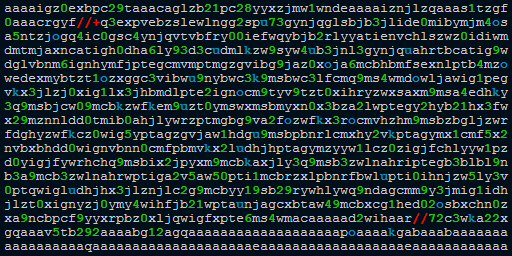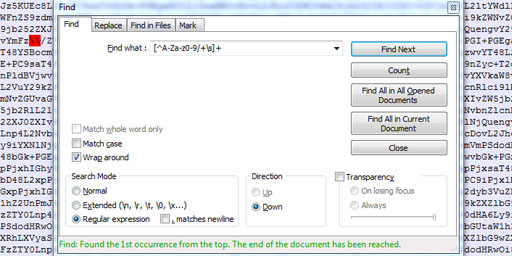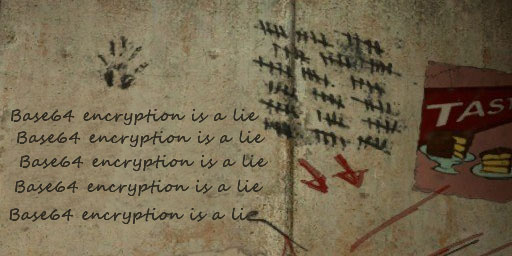Base64URL in PHP
PHP doesn’t support the Base64URL standard, but you can use built-in functions to normalize values. The only thing you have to change is to replace 62-63 index characters. More exactly, you should use “-” instead of “+” and “_” instead of “/”.
Implementations of Base64URL decode and encode in PHP:
<?php
/**
* Encode data to Base64URL
* @param string $data
* @return boolean|string
*/
function base64url_encode($data)
{
// First of all you should encode $data to Base64 string
$b64 = base64_encode($data);
// Make sure you get a valid result, otherwise, return FALSE, as the base64_encode() function do
if ($b64 === false) {
return false;
}
// Convert Base64 to Base64URL by replacing “+” with “-” and “/” with “_”
$url = strtr($b64, '+/', '-_');
// Remove padding character from the end of line and return the Base64URL result
return rtrim($url, '=');
}
/**
* Decode data from Base64URL
* @param string $data
* @param boolean $strict
* @return boolean|string
*/
function base64url_decode($data, $strict = false)
{
// Convert Base64URL to Base64 by replacing “-” with “+” and “_” with “/”
$b64 = strtr($data, '-_', '+/');
// Decode Base64 string and return the original data
return base64_decode($b64, $strict);
}Using the above functions, let’s do some tests:
<?php
// Encode text to Base64 standard
echo base64_encode('<<???>>'); //-> "PDw/Pz8+Pg=="
// Encode same text to Base64URL (note that letters and digits remain intact)
echo base64url_encode('<<???>>'); //-> "PDw_Pz8-Pg"
// Try to decode obtained value using Base64 standard (the result appears damaged)
// In fact, since strict mode is disabled, it attempts to decode “PDwPz8Pg”
echo base64_decode('PDw_Pz8-Pg'); //-> "<<���"
// Well, now try to decode it by enabling strict mode, but the result again is wrong
echo base64_decode('PDw_Pz8-Pg', true); //-> FALSE
// Finally, get the original data using the proper function
echo base64url_decode('PDw_Pz8-Pg'); //-> "<<???>>" What is "aaaaigz0...my4xmda="?
What is "aaaaigz0...my4xmda="? Validate Base64 using Notepad++
Validate Base64 using Notepad++ Base64 encryption is a lie
Base64 encryption is a lie
Comments (11)
I hope you enjoy this discussion. In any case, I ask you to join it.
I also hadn't seen you could have
base64_decodedecode in strict-mode, so that's a nice find!Here's what I had in a little terminal script, before reading this:
php
<?php
function urlsafe_base64_encode(mixed $value): string
{
$result = base64_encode($value);
$result = strtr($result, '+/', '-_');
return rtrim($result, '=');
}
function urlsafe_base64_decode(string $value): mixed
{
$result = strtr($value, '-_', '+/');
return base64_decode($result);
}
$value = $argv[1] ?? random_bytes(random_int(4, 32));
$b64 = urlsafe_base64_encode($value);
echo $b64, PHP_EOL;
echo urlsafe_base64_decode($b64), PHP_EOL;
But yours is a bit better, so I'll use that, instead!
{
$result = base64_encode($value);
$result = strtr($result, '+/', '-_');
return rtrim($result, '=');
}
function urlsafe_base64_decode(string $value): mixed
{
$result = strtr($value, '-_', '+/');
return base64_decode($result);
}
$value = $argv[1] ?? random_bytes(random_int(4, 32));
$b64 = urlsafe_base64_encode($value);
echo $b64, PHP_EOL;
echo urlsafe_base64_decode($b64), PHP_EOL;
You could certainly see your expertise within the article you
write. The arena hopes for more passionate writers such
as you who aren't afraid to mention how they believe.
Always go after your heart.